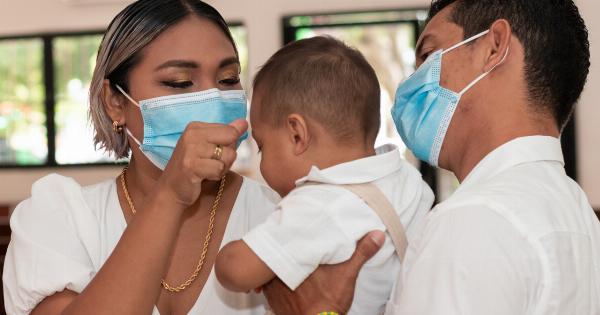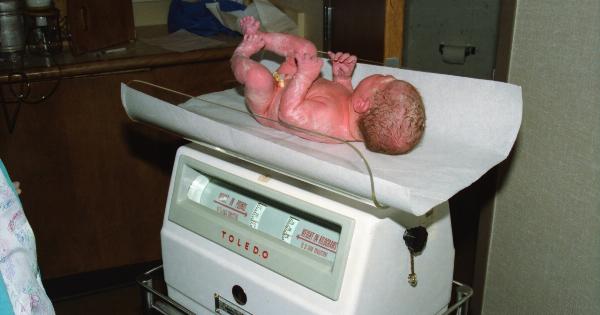When you are 18 weeks pregnant, your body is undergoing several changes as your baby continues to grow and develop. Here is a comprehensive guide to understanding the body changes and other important aspects of pregnancy at this stage.
1. Baby’s Development
At 18 weeks pregnant, your baby is about the size of a sweet potato, measuring around 5.6 inches long and weighing approximately 6.7 ounces. Their bones are becoming harder, and their tiny fingers and toes are now fully formed.
Your baby’s nervous system is also maturing, allowing them to make various facial expressions.
2. Growing Belly
By now, you may have noticed that your belly is getting bigger. As your uterus expands to accommodate your growing baby, you might experience mild discomfort or stretching sensations in your abdomen.
It’s normal to gain weight during pregnancy, and your healthcare provider can provide guidance on a healthy weight gain range for you.
3. Skin Changes
During pregnancy, many women experience changes in their skin. Some may develop a pregnancy glow, while others may notice an increase in oiliness or even dryness.
You might also see darkening of your skin in areas such as the nipples, areolas, and inner thighs. These changes are largely due to hormonal fluctuations and are usually temporary.
4. Backaches
As your baby grows, your center of gravity shifts forward, putting extra strain on your back muscles. This can lead to backaches, especially in the lower back.
To alleviate discomfort, maintain good posture, avoid lifting heavy objects, and consider wearing low-heeled shoes for proper support.
5. Increased Energy
Many women experience an increase in energy during the second trimester, which starts around week 14 and lasts until week 27. This surge in energy can make you feel more productive and motivated to tackle daily tasks.
Take advantage of this period to engage in light exercises, prepare for the baby’s arrival, or enjoy quality time with your partner.
6. Changes in Breasts
Your breasts may continue to grow during the 18th week of pregnancy. They might feel fuller, tender, or even itchy due to hormonal changes. This is your body’s way of preparing for breastfeeding.
Consider wearing a well-fitted maternity bra to provide the necessary support and comfort to your changing breasts.
7. Increased Urination
As your uterus expands, it puts pressure on your bladder, leading to frequent trips to the bathroom. This increased frequency of urination is common during pregnancy and tends to become more noticeable in the second trimester.
Stay hydrated but be prepared to make more bathroom visits.
8. Pregnancy Hormones
Pregnancy hormones, such as estrogen and progesterone, play a crucial role in supporting a healthy pregnancy. However, they can also cause various symptoms. Some women may experience mood swings, increased sensitivity, or changes in libido as a result.
Remember to communicate openly with your partner, friends, or healthcare provider if you’re feeling overwhelmed or need support.
9. Linea Nigra
You might notice a dark vertical line called the linea nigra appearing on your abdomen. This line is a result of hormonal changes and typically fades after childbirth.
It’s important to note that its presence is perfectly normal and nothing to be concerned about.
10. Pregnancy Brain
Many pregnant women experience what is commonly known as “pregnancy brain” or “mommy brain.” This refers to mild memory lapses, forgetfulness, or difficulty concentrating during pregnancy.
Hormonal changes and the increased demands on your body can contribute to this phenomenon. Don’t be too hard on yourself and consider using tools like lists or reminders to help you stay organized.
Conclusion
At 18 weeks pregnant, you will likely notice various changes in your body as your baby grows and develops.
Embrace these changes as part of the incredible journey of pregnancy, and remember to consult with your healthcare provider if you have any concerns or questions.





























